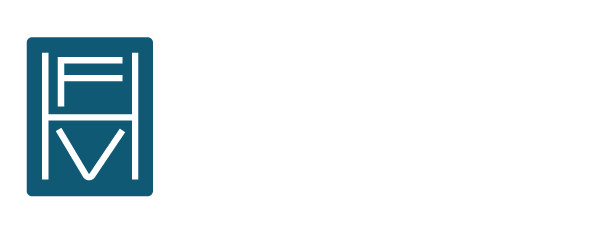Achieving Maximum Compensation in Your Case
When dealing with insurance companies, it's important to ask the right questions—especially when it comes to getting the compensation you deserve. Unfortunately, insurers often have a track record of offering the bare minimum that may or may not be enough to cover your current and future expenses.
If you are going through the personal injury claims process and have recently been offered an initial settlement, consider asking these questions before accepting.
1. What Is Included in This Settlement?
Before accepting any kind of offer, it's essential to understand what all is being included in the fine print. Consider whether the settlement is only enough to cover just the medical expenses or whether other damages like pain and suffering, lost wages, and property damage are factored in. It's not uncommon for an insurance company to make the first settlement offer significantly lower than what may be needed to account for the physical and mental turmoil caused, so be mindful of what they are willing to pay for.
Additionally, there may be one or more clauses in the contract that stipulate whether you are eligible to seek further punitive damages or even a confidentiality agreement depending on the circumstances. Work with your attorney to better understand what accepting this offer may mean for your future.
2. Are Future Related Expenses Accounted For?
In some cases, your initial injury may subside but another condition is developed that may be related to the residual effects of that incident. For example, the most severe effects of a traumatic brain injury may not even appear until years after your case has been settled.
Before accepting your offer, consider these future effects and the potential treatment that may need to be had. Work with your doctor to understand what could develop in the future from your current injuries and how this may affect your quality of life. An experienced attorney can also help ensure that the future effects are factored into your settlement.
3. Does My Attorney Think This is a Fair Settlement?
The ultimate decision of whether or not to accept a settlement is entirely up to you; however, you may find it useful to have further discussions with your attorney about whether or not the offer is actually fair. If the only thing accounted for is your medical bills but the settlement doesn't factor in the necessary accommodations that you may need to care for your children, that may be a red flag.
Along with this, there may be signs that point to the offer being done in bad faith. For example, a denied offer with no explanation or one that is significantly lower than needed for your recovery could be indicative of the insurance company engaging in unfair practices. This may be grounds to take your case to trial.
4. Do I Want This Case to Go to Trial?
Although a trial may slow down your recovery process, sometimes it may be necessary to obtain the compensation you actually deserve. Consider whether this is something that you are comfortable with and if your attorney can handle litigation. Realistically, very few cases ever go to trial, so working with an attorney who has trial experience from the start of your claim may ultimately be in your best interest.
The team at Fowler | Helsel | Vogt is committed to relentless advocacy on our clients' behalf and dedicated to taking on cases that are likely to end in the courtroom. With multiple successful trial verdicts to our name, we are prepared to help you achieve the compensation you deserve. Schedule a free consultation with our team by calling (559) 900-1280 or filling out this short form.


